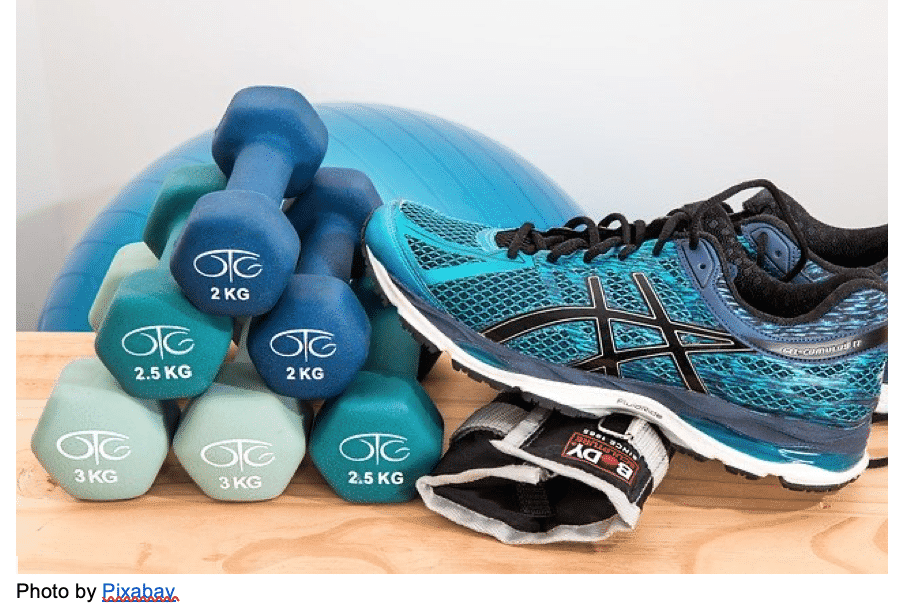
Avoid these common Stressors as You Age
Guest Blogger Kent Elliot
Growing older presents a new set of common stressors to face when it comes to health and aging. From losing strength and balance to depleted vitamins and minerals, there are a few ways you can avoid or cope with these age-induced issues. With a few tips and care, you can live well for longer, although seniors should pay attention to mental health as a part of physical health too. Enjoy a healthy lifestyle with a few minor changes to age well, but don’t be nervous to seek necessary help from others when needed too.
Stay Balanced
Two of the most common stressors among the elderly are strength and balance. While keeping your strength up will also help with keeping a stronger grip, both also help with maintaining and improving balance. Without good hand strength for grip, strength and balance cannot solely prevent falls from occurring. Core, leg, and arm strength are all vital to enable older men and women to keep their balance in order to prevent slips and falls. Find a fitness program or a center with exercise classes designed for seniors for a more social setting.
Supplemental health insurance plans often include gym memberships too, which is the perfect way to stay active. By keeping fit and staying physically active, seniors are more likely to maintain their muscle, balance, and flexibility. All of these are important to prevent or minimize the risk of falls, slips, and spills on stairs, in the shower, or simply walking on uneven surfaces.
Improve Emotional Health
While physical health and fitness come to mind most often when discussing senior health, emotional and mental health is also very important to remember. A wide variety of stressors and even diseases can cause the elderly to experience anxiety and depression. Many may worry about their physical health. But, diseases such as diabetes among others can cause seniors to experience anxiety and depression which are often felt in tandem. Be aware of signs and symptoms such as feeling tired, dizzy, nausea, body aches, and even tremors.
Even the idea of finding medical coverage for the expenses associated with mental health can be a stress-inducing topic. Medicare Part B, however, covers quite a few of those costs. Services like counseling or therapy, as well as one depression screening per year by your primary doctor, is covered. For more extensive coverage, however, additional supplemental plans can be purchased to subsidize the expenses that are not covered by Medicare Part B. So, don’t be afraid to get the help or advice you might need by scheduling an appointment with your primary doctor or a mental health professional who has the tools and expertise needed.
Be Proactive
Practicing proactive care for yourself or your older loved ones is a wonderful way to avoid accidents and unexpected medical costs. Taking caution and booking preventative care appointments with primary doctors is one way to stay aware of your well-being to get ahead of any minor issues that could turn into bigger health problems.
Make sure to continue taking the necessary vitamins and minerals to make up for muscle mass and bone density loss among other deficiencies. An age-appropriate multivitamin, as well as B12, D3, and glucosamine, are all good supplements to start with.
Finally, find a routine that works well for you, your schedule, and your health needs. Talk to a doctor before making changes or adding more vitamins into your regimen as well as before adding moderate exercise. Remember to stay emotionally aware as well as physically to age well, maintain order, and avoid accidents whenever possible.
Kent Elliot is a retired architect with a passion for dogs, DIY, and universal design. After a stroke left him with mobility issues, he thought he would need to move out of his home and into an assisted living community. But, using his experience as an architect and with a little creativity, he was able to successfully remodel his family home instead. He created AtHomeAging.info to share what he’s learned.

